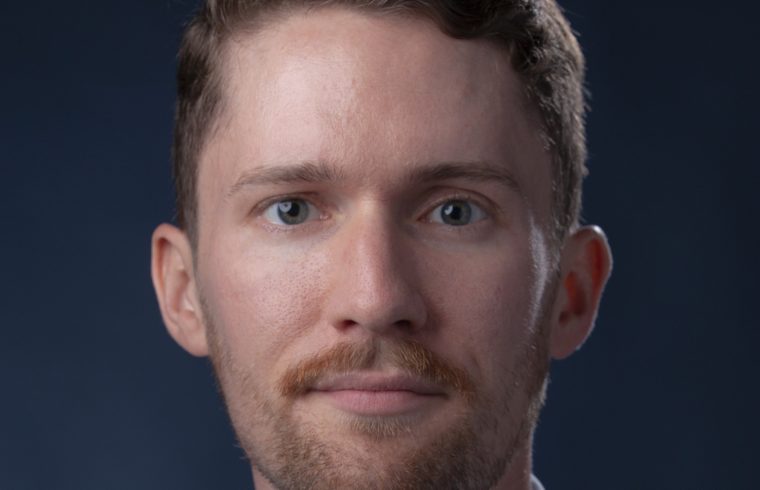Alabama Secretary of State John Merrill, a Republican contender in the 2020 U.S. Senate race, has set off a new controversy after saying Americans’ fixation with “homosexual activities” has, in part, caused the country’s moral decline.
Merrill, 55, is running to defeat Sen. Doug Jones, a Democrat who won the seat in 2017 after his Republican challenger Roy Moore was accused of soliciting sex from underage girls.
According to an April poll by Mason-Dixon, before Merrill entered the race, Moore was the top pick among Alabama voters.
“The foundational principles which we have grown up as a nation are no more,” Merrill said at a Fort Payne town hall over the weekend. “There are no more good TV shows on like ‘Gunsmoke,’ ‘Bonanza,’ ‘The Virginian,’ ‘Andy Griffith,’ ‘I Love Lucy.’ We don’t have those shows anymore. We’re too interested in homosexual activities.”
In a follow-up interview with NBC News on Wednesday, Merrill doubled down on his controversial remarks.
“What you have today is you have more interest in homosexual activities, you have interest in wife-swapping, and who’s dating who, and how this family is messing with this other family, and those things substitute for entertainment value,” Merrill said.
When sharing an example of what he called Americans’ preoccupation with “homosexuality activities,” Merrill cited media coverage of the U.S. Women’s National Team’s World Cup victory earlier this month.
“That’s exactly what I’m talking about,” he said. “What the national media chose to focus on is the fact that these young ladies’ sexual orientation was more significant than what they accomplished on the field of play,” which Merrill said “was to separate themselves from any other team like them in the history of the World Cup.”
“The national narrative began to be one of divisiveness, and if you can’t support these young ladies because they’re gay and because they want to wear the LGBT flag on their uniform, as opposed to just appreciating the great talent that they have, and the unbelievable athletic accomplishments that they produce, that’s a problem,” Merrill said.
A better kind of national conversation over athletics, Merrill added, took place almost 40 years ago when in 1980 the U.S. Olympic hockey team defeated the Soviet Union in a game called the “miracle on ice.”
“When they won the gold medal, it was a national celebration of an international accomplishment,” he explained. “Those issues were not introduced at that time.”
Merrill said Megan Rapinoe, an out lesbian and co-captain of the World Cup-winning USWNT, is “in a position to represent our country — again you represent the entire country. Not just you and not just the team, but the entire country because you are the U.S. women’s soccer team.”
As for her status as an openly gay person, Merrill said, “A gay person can be gay, a straight person can be straight, that’s a decision for each individual to make.”
Asked if there is a message he would deliver to gay Republicans in Alabama who might be offended by his remarks about “homosexual activities,” Merrill said he would never be supportive of an effort to take away gay Alabamans’ right to be openly gay.
According to polling firm PRRI, a majority of people in every state support “broad nondiscrimination protections” for LGBTQ people — including Alabama, where 59 percent support them. But the state still faces challenges when it comes to LGBTQ inclusion.
Carson Jones, the openly gay son of Alabama Sen. Doug Jones, penned an op-ed to Alabama voters in April in which he decried the state’s anti-LGBTQ policies and asserted that “Politicians in Alabama are hell bent on holding Alabama back.”
Merrill’s remarks about gays come on the heels of several other controversial comments made by Alabama officials, including a mayor who suggested killing gay people and a police officer who mocked a gay teen’s suicide.
Perhaps the Alabama public figure who has been the most outspoken about gays is Moore, who’s also running for Senate. Moore blamed gays, liberals and socialists for the emergence of sexual misconduct allegations against him during his ill-fated first Senate run in 2017.












